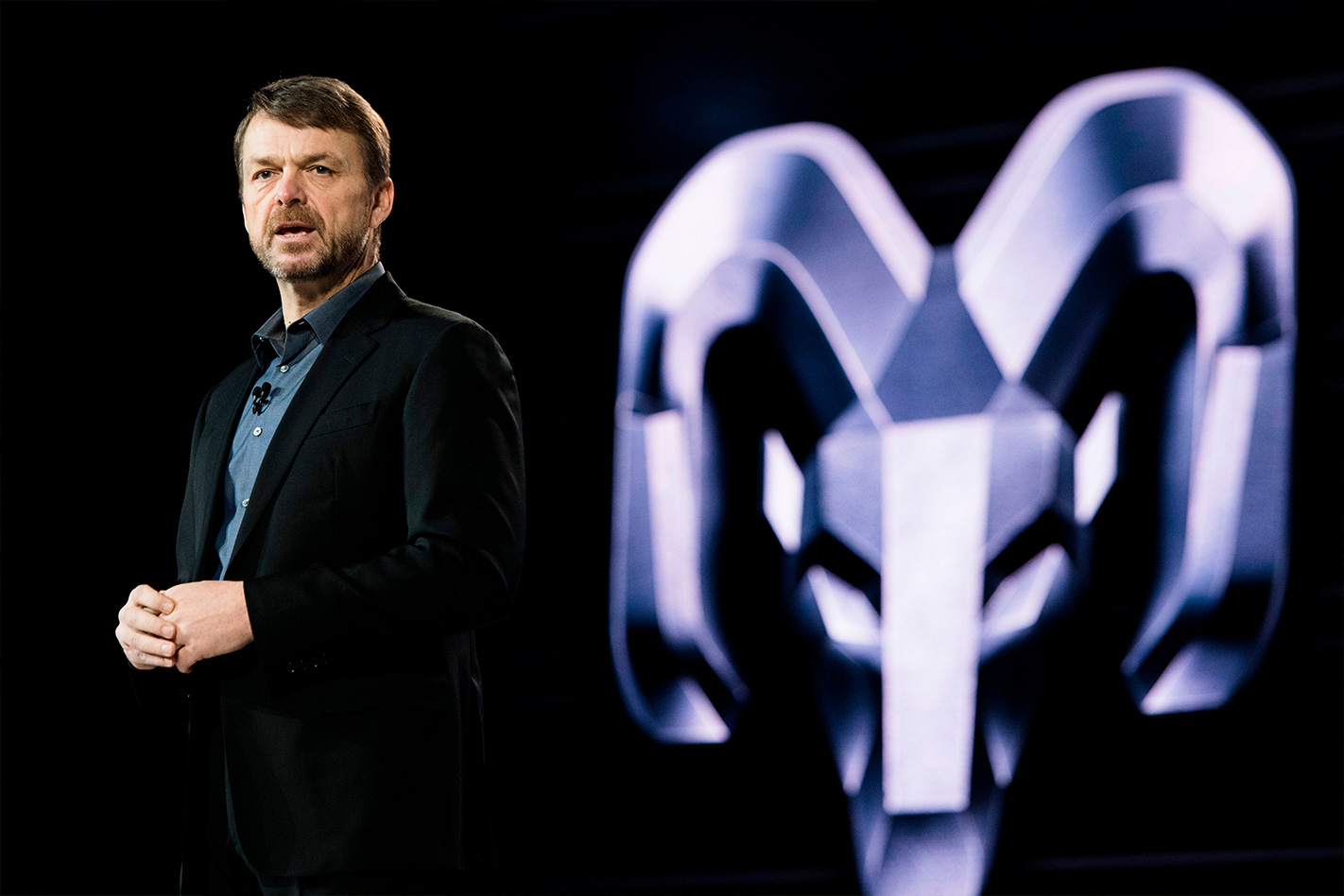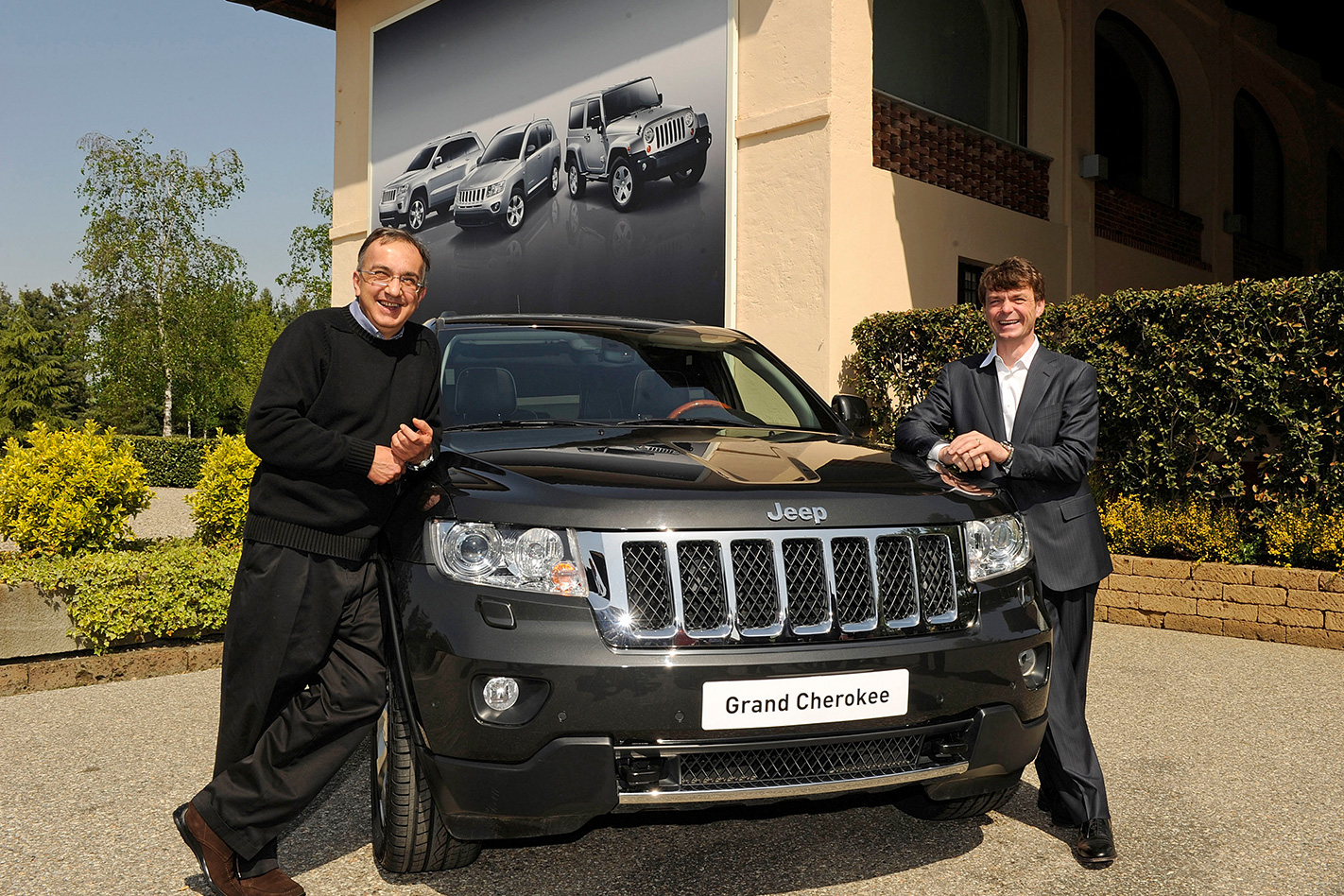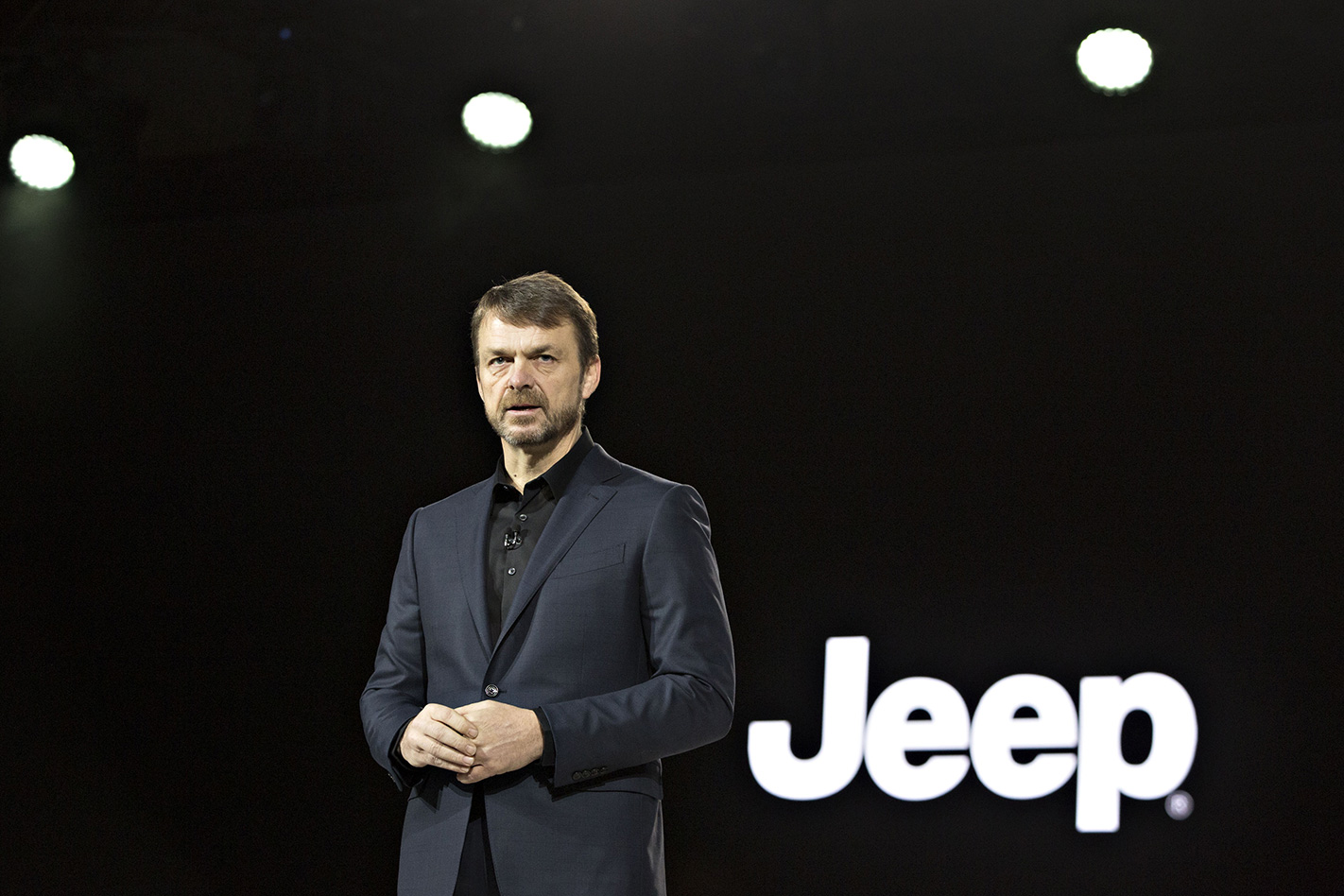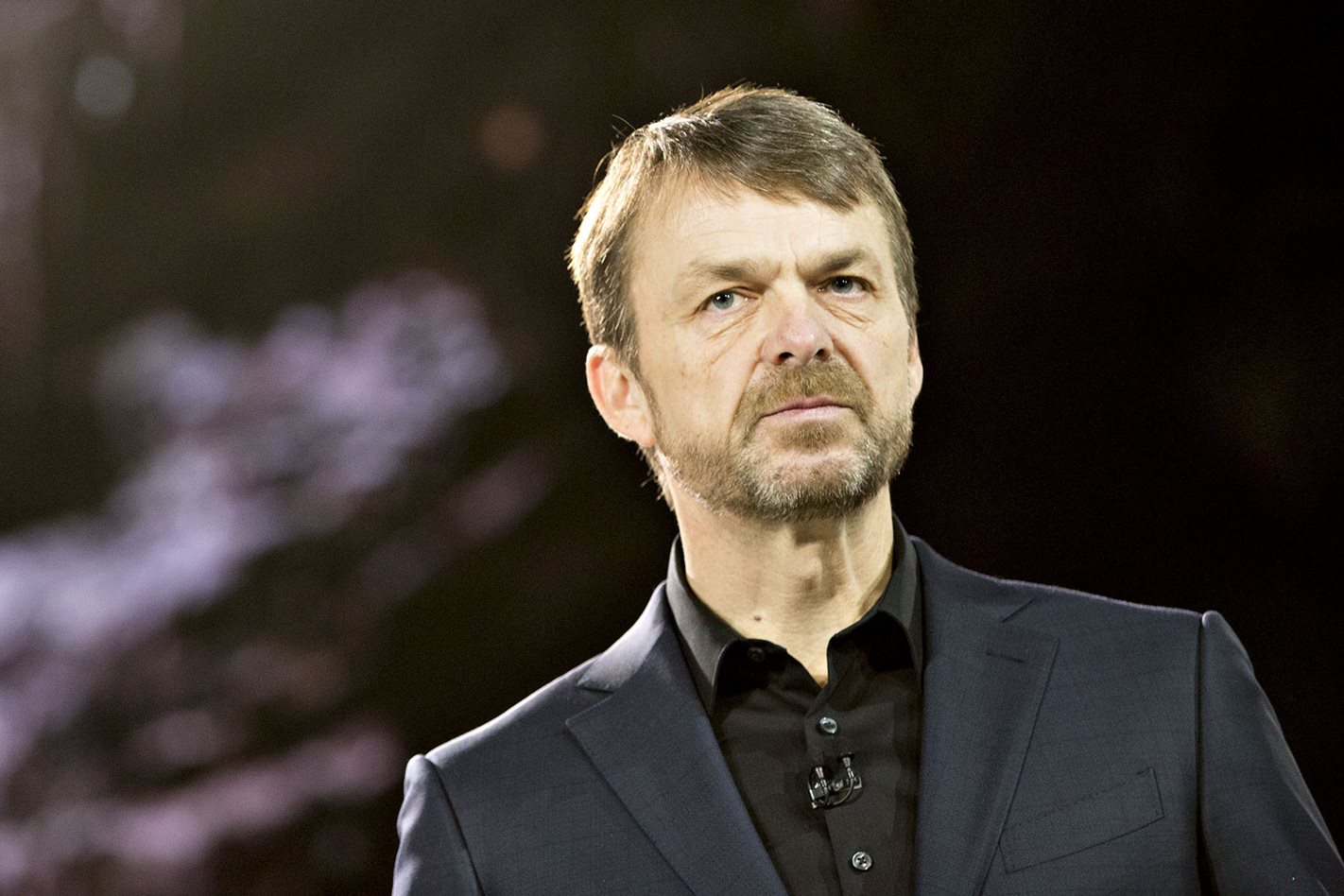IT’S BUT a fraction of a second; a moment that most will have missed. Spool back to 2015 and FCA’s charismatic CEO Sergio Marchionne is delivering his usual tub-thumping speech at the Detroit show. He’s bullish about the economy and FCA’s positioning on electrification, but as he makes each proclamation of future success, you see his eyes flick to the front row of seats, almost as if he’s deferring or seeking confirmation. Follow those almost involuntary eye movements and the man he’s directing them to is a pale, jetlagged Brit in an open-necked shirt who looks as if he needs to stand a bit closer to the razor; Mike Manley.
Manley was one of three or four prime candidates rumoured to succeed Marchionne but those in FCA’s inner circle would never have taken bets on anyone else. Manley hadn’t morphed into a Marchionne-in-waiting. He was like that from the get go. Born in the UK in 1964, Manley studied engineering at Southbank University in London, and worked for 14 years for Swan National Motors across different brands and dealerships before being appointed director of Network Development for Daimler Chrysler in 2000.

Transferring to the US in 2003, he helped revitalise FCA’s moribund dealer network before becoming Executive VP of planning and sales for Chrysler and, a year later, the job that would really indicate his star in the ascendancy: CEO of Jeep. When he took up the reins, Jeep’s global sales stood at 320,000. Last year the company sold nearly 1.4 million units. It hasn’t all been an unalloyed record of success, however. Those 2017 sales figures had softened by one percent compared to the year previously – largely due to an underwhelming showing in Europe and China – which in turn made Jeep’s target of 2 million sales in 2018 look extremely unlikely.

Manley clearly has work to do. His first task was to downgrade FCA’s profit outlook on the back of the Chinese results. Calvinist work ethic aside, he’s a listener and a man who gets things done, and fast. Part of his challenge will be to operate effectively beyond his pet favourites of Jeep and Ram and look beyond product and sales in order to canvass and cajole politically, something Marchionne did with a silky elan. He has the advantage of being gifted the 2018-2022 planning from his predecessor, a luxury denied Ford chief executive Jim Hackett, who spent several months coming up with a plan from scratch.
On June 1, Marchionne presented that plan for the carmaker. His closing remarks included a third person question directed to his successor. “Can Marchionne leave a script or instruction? The answer is that there is no script or instruction,” he smiled. “FCA is a culture of leaders and employees that were born out of adversity and who operate without sheet music. That is the only way we know.”
MANLEY’S FIVE BIG AGENDA ITEMS
1. Revitalise FCA’s marketing plan for China and Europe
Marchionne’s focus on feeding brands with the most potential has left FCA behind the curve in hotbed markets
2. Retain executives who didn’t land the CEO role
Building consensus with the other candidates for the job, CFO Richard Palmer and Alfredo Altavilla, the COO of FCA’s Europe, Middle East and Africa region will be key to continuity
3. Bite the bullet on Fiat’s Italian production
Tough political decisions need to be made not only on Fiat’s prospects of continuing to build cars in Italy, but also on the viability of the Chrysler and Dodge brands
4. Shift an established organisational focus away from eliminating debt
FCA needs an orderly product plan that delivers on time rather than cancelling product lines at short notice to reduce short-term debt

5. Keep aggressive suitors at arm’s length
FCA might be debt free but it’s still a smallish company that has developed significant electric vehicle IP and is therefore a tempting takeover target






